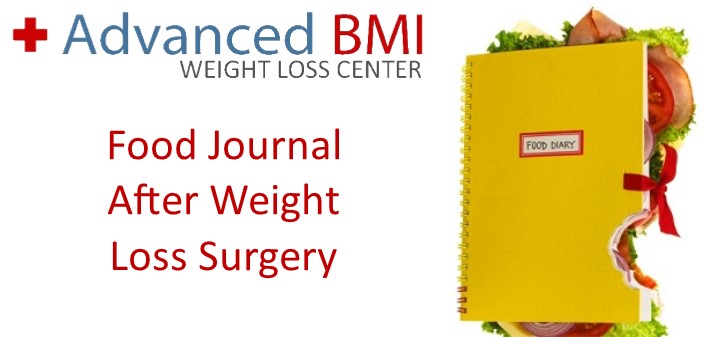Research has found that a simple and effective way to maintain the weight loss is keeping a food journal after weight loss surgery. Many people who opt for weight loss surgery have a common misconception that the surgery is a miracle cure that will magically make them drop their excess weight while allowing them to eat whatever they want, whenever they want. This is why, a while after the surgery, many patients find that they have reached a plateau (not losing any more weight) or that they are actually gaining back the weight they lost.
Why keep a food journal after weight loss surgery?
If you were asked to recall what you ate and drank yesterday or two days before, you would probably have a hard time remembering. This is normal since we don’t usually memorize every single thing we put in our mouths.
A food journal is a log that you can keep where you register everything you eat throughout the day. It can help you answer the following questions:
Why do you eat if you are not hungry?
Emotional eating is a major contributing cause of obesity. Most patients are overweight because they eat when they are not hungry, but rather because they are bored or stressed or angry.
In addition to emotional eating, some people have certain habits such as having snacks while watching television.
By keeping a food journal, you will start paying attention to certain mindless eating behaviors and will be able to control and limit yourself.
How do social gatherings affect your eating behavior?
After starting a food journal, you will be surprised at how much eating with other people affects your own eating behavior.
In Lebanon, family lunch or dinner gatherings are frequent. During these gatherings, a large amount and variety of food is served, which makes it difficult to limit the quantity and quality of food you eat. This leads to overeating and weight gain.
How much are you really eating?
There are several distractions that can keep us from paying attention to how much food we are actually eating. It is easy to lose track of yourself when you are talking to someone, working on the computer, watching television, or reading, etc.
Writing down what you are eating helps force you to mind what goes in your plate. In one study, researchers observed participants as they ate. After the meal was finished, they asked the subjects how much bread they had. Most of them had eaten nearly 30% more bread than they had thought, and 13% said that they had not had any bread when in fact they had.









